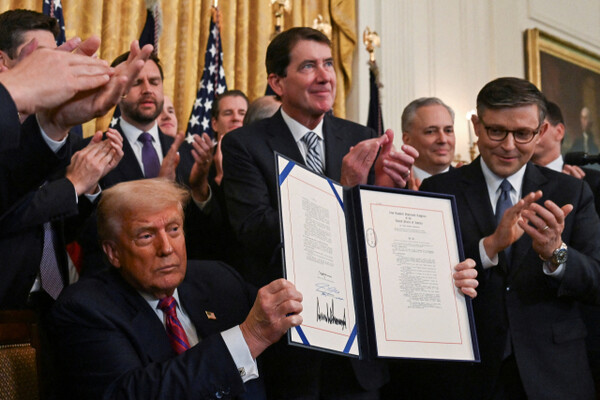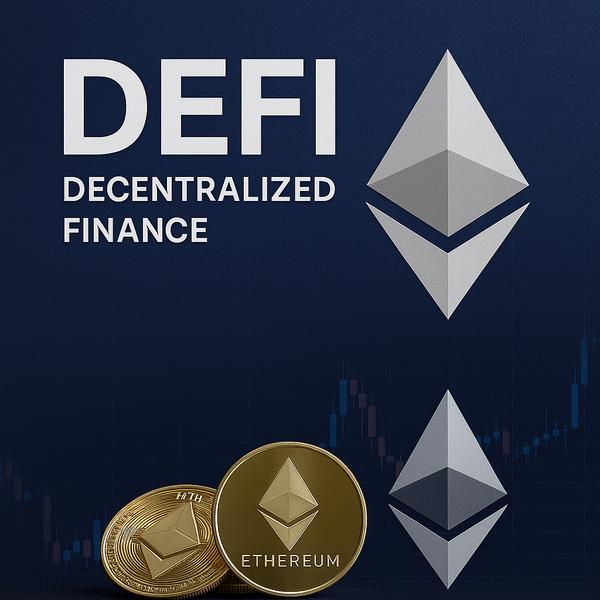
As bills to integrate virtual assets into the regulatory framework passed in the United States, the global virtual asset market capitalization exceeded $4 trillion (approximately 5,574 trillion won) for the first time. This is due to Bitcoin reaching an all-time high of $123,000 this week, and altcoins, including the second-largest market cap Ethereum, surging.
The background of the virtual asset surge is the impact of the US House of Representatives passing three key virtual asset-related package bills on the 17th (local time). The 'Genius Act', one of the three virtual asset laws, has passed both the Senate and the House and been signed by President Donald Trump. The Genius Act primarily establishes a clear regulatory framework for the issuance and operation of stablecoins.
According to the Genius Act, payment-purpose stablecoins can be issued by banks, credit unions, and non-banks, and these issuers must register with federal regulatory authorities. Issuers must establish and disclose redemption procedures and report their issuance balance and reserve asset composition monthly.
Reserve assets are limited to high-safety assets such as cash, deposits, and government bonds with a maturity of 93 days or less, and stablecoins issued and circulated in the United States must principally be composed of US dollar-denominated assets.
Lee Byung-gwan, a senior researcher at the Korea Financial Research Institute, predicted in a report on the 20th titled "US Stablecoin Issuance Momentum and Implications" that "the implementation of the Genius Act will change the stablecoin landscape and potentially expand US dollar influence."
Other bills include the 'Clarity Act', which clarifies digital asset regulations, and the 'Prevention of Central Bank Digital Currency (CBDC) Monitoring Act', which prevents the Federal Reserve from directly issuing digital currency to individuals. Both bills have passed the House and are awaiting Senate procedures.
As the United States continues to bring virtual assets into the regulatory framework, the global coin market capitalization has exceeded $4 trillion. This is a fivefold increase from approximately $800 billion (about 111 trillion won) when the largest US virtual asset exchange, FTX, went bankrupt in November 2022. At that time, Bitcoin prices had plummeted to as low as $16,000 (about 22.2 million won).
The virtual asset industry anticipates that the passage of these bills will lead to Wall Street banks, asset managers, and corporations fully entering the virtual asset market. Previously, Bank of America, Citibank, and JP Morgan have stated that they would develop their own stablecoins if the Genius Act passed.
Some are concerned that the closer virtual assets become to traditional financial markets, the more severe the risks could be in case of market collapse. US Democratic Senator Elizabeth Warren pointed out that "the Genius Act lacks the basic safeguards necessary to ensure it does not destroy our entire financial system."







